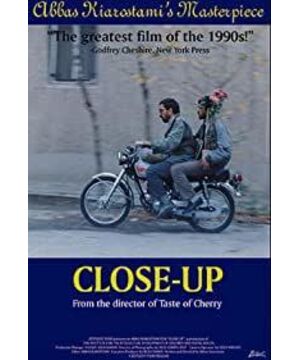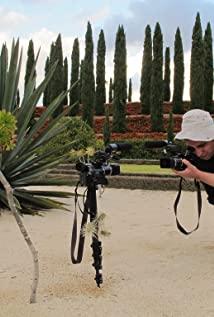1. Is the movie saving or
harming Sabzien, who lives at the bottom of society, and was abandoned by his wife because of his poor salary. Without a stable job, as a father, he cannot give his children and mother any financial support, and as a member of society, he has no right to speak, and he exists like a transparent person. Life was deeply rewritten because of Mark Malbaf's films. The dull mood found resonance, and he instantly found his existence in it.
Everything that seems to be beneficial has changed because it is often mistaken for director Mark Malbaf himself. He pretended to be a director because of a smooth push, and gradually fell deeper and deeper. He was deeply attracted by this glorious social status, and eventually led to the charge of "fraud and attempted fraud".
2. Self-defense
in court features Sabzian's self-defense in court is the main torso of the entire film. Facing the judge and the director's questioning, Sabzion stated the specific process and motivation of his actions one by one. Like an onion, the story is pulled apart layer by layer, only to discover the inapplicability of the modern legal system to the whole thing. We are less and less able to tell whether Sabzian is playing the director, or the actor, or himself. At this time, I can't help but wonder, is the truth recorded by the documentary really a kind of truth? Aren't we acting every day?
The eloquent self-defence becomes more and more blank, and no close-up close-up can find the truth.
3. Go to the "victim"'s house with his idol director to apologize
Sabzion took a tall red potted plant, sat behind the real director Mark Malbaf, and went to the "victim"'s house to apologize. This is the last scene of the movie, and everything looks so "beautiful" as if the event had come to an end. The two sides shook hands and hugged each other, just like the PEACE&LOVE spirit of the times after the boxing ring ended. But we know that it's just a kind of self-deception, and life is far from over.
I zoomed in on the camera, recorded your expression, and broadcast it to everyone, but how many people can see the truth.
View more about Close-Up reviews








